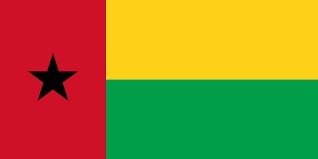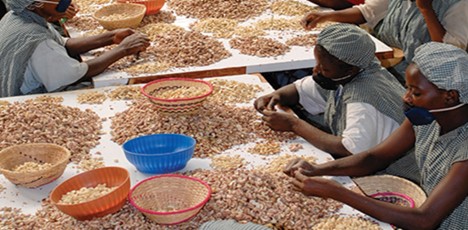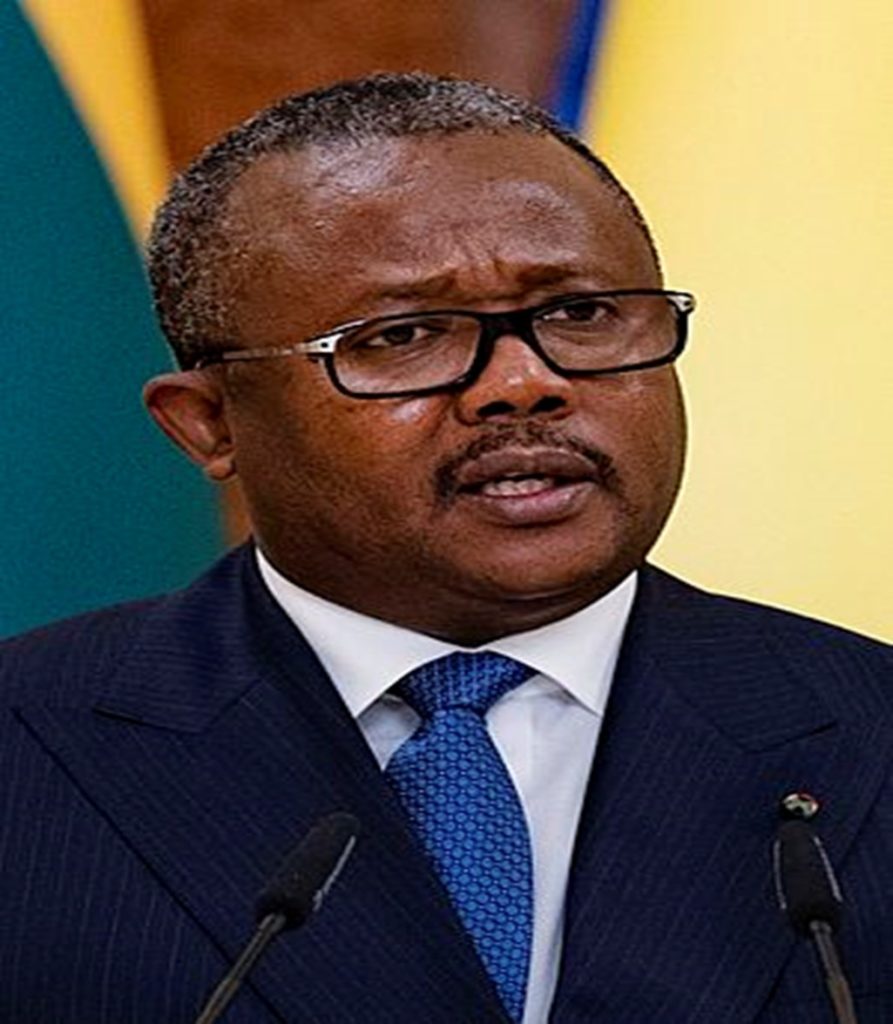
Guinea-Bissau Celebrates Independence September 10, 2023
By Joy Osiagwu
Guinea-Bissau was a former province of the Mali Empire. It has Senegal and Guinea as the closest neighboring countries. The Portuguese colonized the nation in the 19th century until it gained full independence on September 10, 1974. With a population of 2.02 million, the country has its capital in Bissau.
Guinea -Bissau was once referred to as the potential model for African development because it was the only West African country that fought its way to independence. But a series of coups and political instability has made it one of the poorest economies on the African continent.
The cashew nut crop has been the mainstay of the economy, providing a modest living for many Guinea-Bissau farmers, which is also the primary source of foreign exchange.

Guinea- Bissau is a member of the United Nations, the World Bank, the International Monetary Fund, the World Trade Organization, the World Health Organization, and the Food and Agriculture Organization.
The languages spoken are Portuguese, English, Arabic, Mandinka, many West African languages, and Guinea -Bissau Creole.
Governance Structure
The governance structure of Guinea-Bissau is a semi-presidential democratic republic with a multi-party setting. The President is the head of state, while the Prime Minister leads the government with the Executive power.
President Umaro Sissoco Embalo is the current leader and has served in that capacity since February 2020.

President Umaro Sissoco Embalo (Photo Wikipedia)
Guinea-Bissau Ottawa-Connection
There is currently no Canadian office in Guinea -Bissau. Consular services are received from the Canadian Embassy to Senegal in Dakar, but the Embassy of Guinea-Bissau in Ottawa is located at 483 Wilbrod Street, Ottawa, Ontario, K1N6N1. Phone: 613 789 8444

